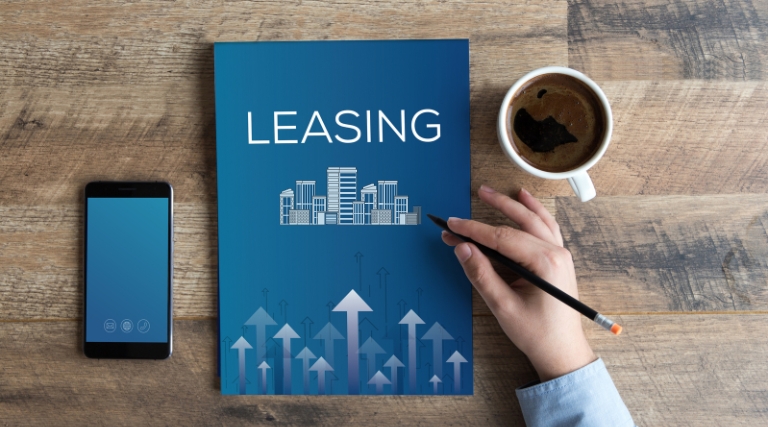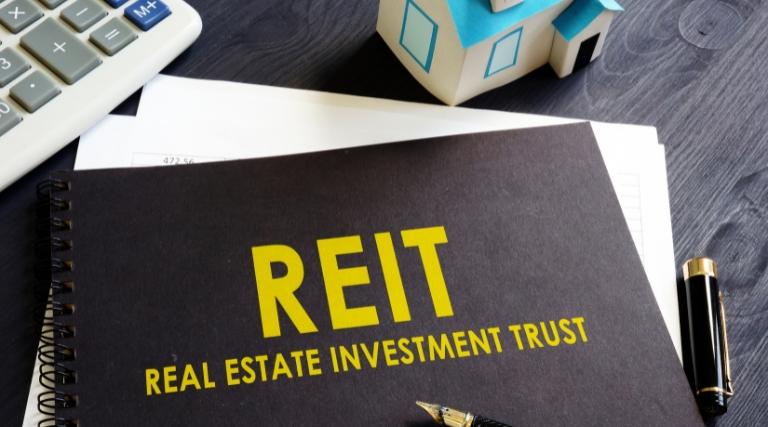We’ll go over the top ten methods for property investing without a lot of capital or prior knowledge in this article. You’ll learn some tips on how to get started investing in real estate without shelling out hundreds of thousands of dollars. Real estate investments include any property owned exclusively to make money, whether through a rental revenue stream or an increase in market value.
Since the money must come from somewhere, there is no such thing as no money down in real estate. You need to learn how to recognize, comprehend, and even profit from other people’s money if you want to invest in real estate with little or no money.
1. Mortgage/Seller Financing for Purchase Money
Seller financing is the first tested strategy for investing in property without any cash. If buyers are unable to obtain a loan from financial institutions, they may decide to approach the sellers for financing for their real estate.
In traditional real estate deals, the buyers must pay the sellers in cash to take possession of the property. A purchase money mortgage, however, involves the seller lending money to the buyer. Once the agreed-upon terms have been met, the buyers will pay the sellers.
2. Property Investing Using Lease Options

The lease option is the second tested strategy for investing in real estate without any cash. A monthly or yearly premium, in the form of increased rental payments, is levied by the property owner to the buyer under the lease option. The additional rental payment will subsequently be applied to the purchase price. With this kind of arrangement, the investor can use a somewhat greater rental payment to buy a real estate investment.
3. Unforgiving Lenders
Hard money lending is a good funding alternative if you don’t have any money to invest in real estate. The money used for real estate investment will originate from organizations or private persons rather than a bank. These loans typically have lower qualification standards because they typically do not have to go through corporate processes. As a result, they can be quickly safeguarded. Additionally, private lenders can be eager to support risky initiatives.
Since lenders are taking on more risk and the durations are often 12 months or fewer, the interest charged for hard money loans is higher. With a hard money loan, the borrower is responsible for paying all closing costs, application fees, appraisal fees, and other expenses related to buying a property. The world of real estate investing is always changing. One of the best investments one can make, according to some, is real estate.
4. Microcredit

New real estate enterprises now have more opportunities to succeed thanks to several new funding choices. Microloans, as the name implies, are typically oriented towards startups or newer firms, that need funding to spur further growth. Compared to what typical financial institutions offer, microloans are substantially smaller. The lower balances will, in turn, mean that these programs’ eligibility restrictions, such as credit scores, are less stringent. If you have no money and want to invest in real estate, a microloan is a smart alternative.
5. Establishing Partnerships to Make Minimal Investments in Real Estate
For property investing with little or no money, real estate partnerships are typical. An equity partnership can be the solution if you want to invest in real estate but the asking price is too high. A person you include in a deal to help finance a property is known as an equity partner. It is up to the buyer and the partner to decide on a more workable structure because partnerships can be set up in a variety of ways.
6. Loans for Home Equity
You can apply for a home equity loan if you don’t have the money for your second real estate investment. Most investors want to take advantage of the equity in their primary residence and then use it to finance the acquisition of additional property.
With the help of numerous products from banks and other financial organizations, such as the home equity line-of-credit and home equity installment loan, buyers can take advantage of the equity they already have.
7. Trade Offices
Another practical method of buying a new property is through trading houses. You can purchase a new property by exchanging an existing one for a new one while simultaneously avoiding the capital gains connected with selling a property. This is yet another tested method of investing in real estate without any cash. Having said that, finding property investment for sale without a down payment is not a recent development.
We also understand that there is no such thing as a no-money-down real estate investment because funds must be raised.
8. Unique Government Programmes

The Department of Agriculture’s Rural Development Agency offers mortgages with down payments of as little as 0% with the ultimate purpose of populating sparsely inhabited areas of the country. Only communities with a population of 10,000 or less can apply for these loans.
Homebuyers in rural and suburban areas can apply for such loans, which need no down payment. Those who meet the criteria for receiving these loans have low or moderate incomes. They are mostly for borrowers who lack resources and are unable to obtain a conventional mortgage. You can visit the government website and review the terms and conditions to see if your location is eligible for this loan.
9. SBA Loans for Commercial Real Estate Investment
To offer loans to small businesses, the SBA collaborates with lenders. The SBA 504 loan is your best option if you want to buy commercial real estate. Commercial real estate finance for owner-occupied properties is provided by an SBA 504 loan. Business Administration or SBA loans include funding ranges of $125,000 to $20 million and only require a 10% down payment from the small business owner. An SBA 504 loan can be used to fund the purchase of a building, the financing of new construction, or the construction of upgrades.
10. Through the Possession of Shares in Real Estate Investment Trusts

A real estate investment trust is known as a REIT. One of the biggest benefits of REITs is liquidity. If you hold 20% of a residential complex, you cannot withdraw your funds unless someone else purchases your stake or the building is sold. Shares in a real estate trust can typically be sold just as readily as stock shares.
You can invest in certain property investment trusts, such as those owned by companies that construct malls, industrial parks, medical facilities, and nursing homes. Owning several REITs makes it simpler to diversify your holdings, and you never have to handle anything.
Conclusion
Property investing is the practice of buying, controlling, overseeing, renting out, and/or selling any kind of real estate to make money. Real estate provides a distinctive blend of security, consistent cash flow, and high odds of significant capital gains, thus it is a fantastic choice. You won’t make as much money as if you invested in the stock market at its height, but you also won’t lose everything either. If a real estate investment is carefully thought out and carried out, it can produce a steady passive income and turn out to be a wise long-term investment if the property value rises rapidly over time.
